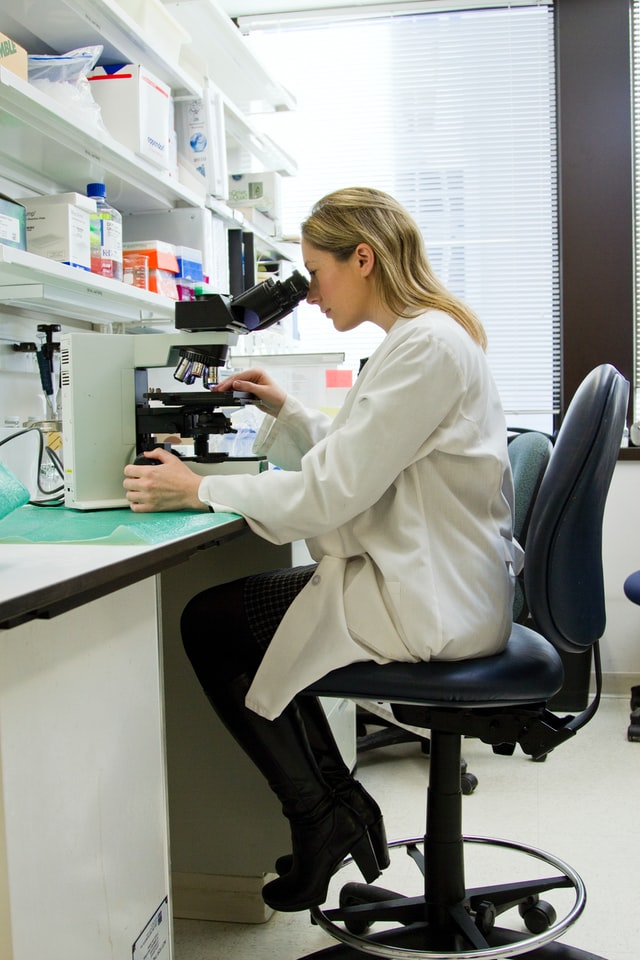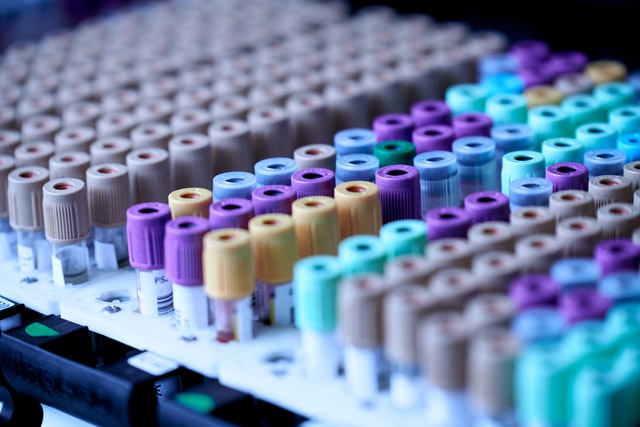Taking the usual lab tests can give you an overview of your body’s current status. However, if you really want to know what your body is saying, you need tests that can take a deeper look into what your body is telling you.
Functional medicine testing has grown in popularity for its ability to pinpoint specific problems. From sleep problems to issues with stress, the tests can help identify the root causes of illnesses and solve them.
If you aren’t sure which specific ones your doctor should be requesting, below is an overview of the three most recommended functional medicine tests you should have on your list.
1. DUTCH Test
The Dried Urine Test for Comprehensive Hormones Test, commonly known as the DUTCH test takes a closer look at your body’s production of sex hormones, including their metabolites, patterns, and distributions. This gives your health care providers a clearer view of the hormone pathway in your body.
This comprehensive test is ideal for both men and women. It helps diagnose stress issues, sleep problems, estrogen dominance, DHEA levels, and fertility issues.
It measures the following hormones:
- DHEA
- Cortisol
- Estradiol
- Cortines
- Estriol
- Estrone
- Testosterone
- Melatonin
- Progesterone
The test involves the collection of a small amount of urine from filtered paper. The collection is done about four times a day.
To prepare for the test, you’ll be advised to avoid fava beans, avocado, and banana within two days of your first collection. If you take supplements like L-Dopa, Tyrosine, Quercetin, and Mucuna, it’s a good idea to skip them as well.
The timing for collection varies. For postmenopausal women, you can collect your specimen any day. However, if you are a premenopausal woman with a regular cycle, you should start collecting between the 19th and 22nd days of a 28-day cycle. You can find out more about the proper collection time by talking to your clinician.
The DUTCH test is sensitive enough to pick up the different levels of estrogen in your body. This makes it better than other single tests that involve the collection of blood and saliva.
Once your test results are analyzed, you may be given herbs, supplementations, or low-dose bio-identical hormones to help correct abnormalities. You may also be given recommendations on the adjustments you need to make in your lifestyle. The list includes changes in your stress management, nutrition, sleep, and exercise.
2. GI Map Test
This stool test can help detect the underlying cause of your digestive issues. If you frequently suffer from reflux, constipation, diarrhea, and bloating, taking it should help optimize your digestive health.
Apart from people who have digestive problems, the GI Map Test is also ideal for those who experience chronic fatigue, mood disorders, skin conditions, autoimmune problems, and hormonal imbalances.
Compared with other stool tests, this one works through the use of the PCR analysis technique. It’s what makes it possible for the test to determine the presence of multiple bacteria, fungi, and parasites using just one stool sample.
The GI MAP Test is approved by the FDA. In fact, it’s the only stool test to get such approval.
And the best part about it is that it’s safe and easy to do. You can actually do it in your home. You’ll be able to get the results within 10 to 15 days in your email.
The GI test checks a wide number of markers that are important for your gut health. It includes:
- Secretory IgA- your gut’s first line of defense
- Calprotectin- measures your gut’s inflammation
- Gliadin IgA- a marker of food intolerance
- Zonulin- shows intestinal permeability
- Steatocrit- reflects the level of fat absorption
In addition to those markers, the test also checks for parasitic pathogens, normal bacterial flora, and other opportunistic bacteria.
Now, why is this test important?
Your digestive health has a huge effect on the amount of nutrition your body is able to absorb. Getting fewer nutrients means having less fuel for your body to function properly.
3. Organic Acids Test
Organic acids refer to the chemical compounds that mammals excrete through their urine. They are considered products of metabolism.
Several genetic disorders happen when there’s a production of inefficient enzymes that react at an abnormally usual rate. This results in the accumulation of metabolic intermediates.
The OAT or Organic Acids Test gives you a better view of your overall health by checking more than 70 metabolites. Taking it means giving your healthcare provider a more in-depth view of every system in your body.
It’s a good idea to take the test if you experience any of the following:
- Mood changes
- Fatigue
- Anxiety
- Joint pain
- Inflammation
- Weight gain
- Blood sugar dysregulation
- Dermatitis
- Bloating
- Depression
- Dermatitis
Taking the test is quite easy, in fact so easy it is a great test for both kids and adults to do. All you need to do is collect about 10mL of your first-morning urine. To ensure accuracy, you need to do the collection before eating or drinking.
Additionally, you should also refrain from eating grapes, apples, cranberries, and pears within 48 hours before collecting your urine.
You should also refrain from taking reishi mushrooms, echinacea, and arabinogalactan.
OAT can help uncover several health issues like metabolic dysfunctions. Some examples include ketosis, inborn errors of metabolism, insulin resistance, and amino acid deficiency.
The test can also show if you have inflammatory bowel disease, candida overgrowth, or gut dysbiosis.
Although the test is quite accurate, it won’t mean anything if you don’t have a skilled interpreter. The research on organic acids is fairly new so you should look for clinicians that have a deep knowledge of the test and organic acids in general.
Final Thoughts

These three tests are just a part of the long list of functional medicine tests you can take to get a clearer view of your health. If you feel that those tests aren’t enough or if you’re not sure which ones you need, you always have the option to talk to a reliable functional doctor.
Functional medicine practitioners are capable of recognizing your uniqueness and how factors like genetics and environment can affect your individual bodily ecosystem. It’s important that you find the right clinician so you can get a proper diagnosis and treatment.




